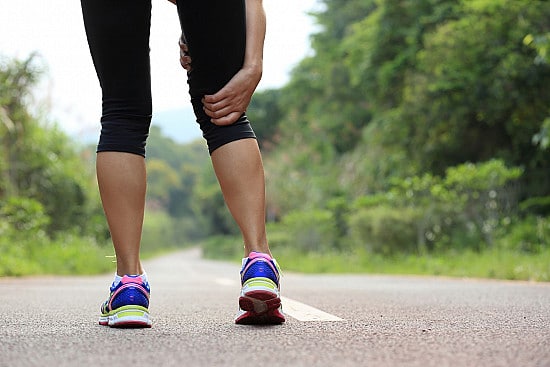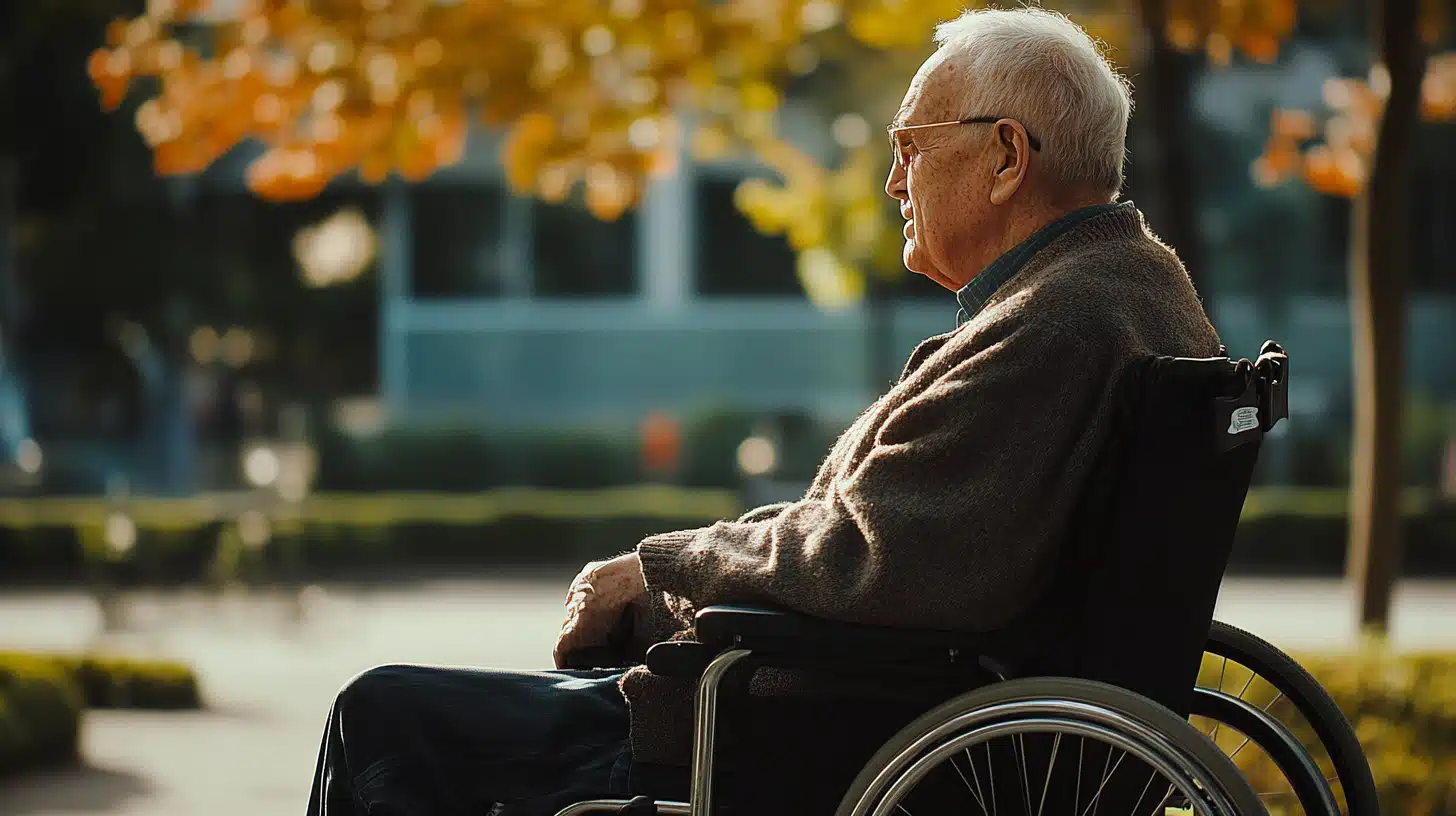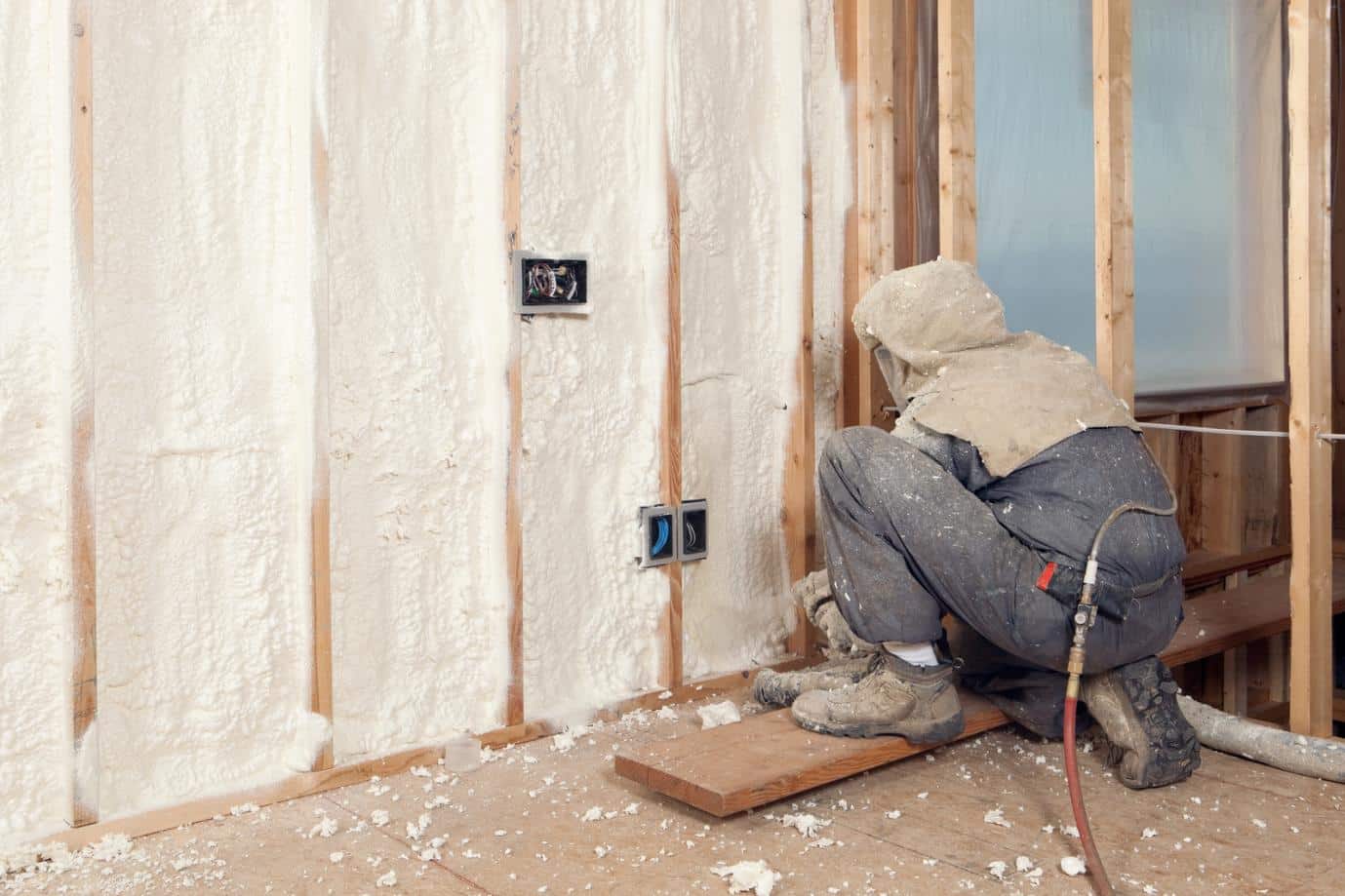5 Signs It’s Time To Consider A Mobility Aid
As we begin to age or come up against physical challenges, mobility can become a growing concern. It’s natural to want to maintain independence and avoid assistance for as long as possible, but finding the right mobility aid can bring a big boost to your quality of life.
Aids like mobility scooters can help to provide increased levels of freedom, safety, and comfort. Knowing when to start using a mobility aid is essential, as delaying it too long could even lead to injury or strain. If you or a loved one are experiencing mobility challenges, it may be time to consider looking for a mobility aid. Here are some of the signs you should pay attention to.
Frequent Falls or Near-Misses

One of the most telling signs that a mobility aid is necessary is if you’ve experienced frequent falls or have had near misses. As balance deteriorates with age or due to medical conditions, the risk of falling increases. Even one fall could result in serious injuries, particularly for older adults, where their bones are more brittle and could break more easily.
If you find yourself unsteady when walking, then you may want to consider using a walker, cane, or rollator to provide the stability you need to help prevent falls.
Even if you haven’t fallen but notice yourself frequently grabbing onto furniture or walls for support, this could be a sign that a mobility aid could improve your confidence and balance.
Increased Fatigue When Walking
Mobility aids are not just for individuals with serious mobility impairments. Many people begin to notice that their endurance isn’t what it used to be, finding themselves fatigued after short distances or struggling to walk around the house.
Fatigue can be a sign that your muscles are working harder than they should to keep you balanced or that underlying medical issues like arthritis are affecting your mobility.
If you’re out of breath or need to sit down frequently due to pains or tiredness, then introducing a mobility aid like a walker with a seat or a scooter can help you travel longer distances without exhaustion. This can enable you to stay active and engaged without compromising your health.
Difficulty Standing For Long Periods

Another common challenge is the ability to stand for a long period of time. Whether it’s preparing a meal in the kitchen or browning a store, standing too long can lead to pain, discomfort, or even dizziness. This can be especially frustrating if you enjoy social activities or need to complete everyday errands.
If standing for more than a few minutes without any form of support causes discomfort or pain, then you may want to consider having a mobility aid like a cane or a rollator with a seat for additional support. These can help to reduce the physical strain on your body, helping you to get through everyday life.
Pain When Walking
Chronic pain in your joints, legs, hips, or feet when walking is a strong indicator that a mobility aid could help. There are a number of conditions like arthritis and degenerative joint disorders which can make walking incredibly painful. This can lead to reduced activity levels and poor posture, which can make conditions worse.
Mobility aids can help you to distribute your weight more easily, helping to alleviate any pressure on painful areas. This way, you can move more comfortably and reduce pain when walking.
Reduced Independence
If you’ve noticed that you’ve become increasingly reliant on others for help with tasks like grocery shopping or even getting around the house, it may be time to consider a mobility aid. While it can be difficult that you may need some form of assistance, once you do, the right tool can actually help you to completely regain your independence.
Mobility aids, from simple canes to advanced scooters and power wheelchairs, are designed to support a variety of different needs and provide a new sense of freedom for all.
Instead of relying on others to get around or avoiding outings altogether, a mobility aid can allow you to continue doing the activities you love without limitation.
Conclusion
Recognising the signs that it’s time to consider a mobility aid can help you maintain your independence, reduce the risk of injury, and boost your overall quality of life. Whether it’s improving your endurance or preventing falls, mobility aids come in a number of forms to help suit your specific needs.
It’s important to consult with a healthcare professional to determine which type of mobility aid is best suited for your condition and lifestyle. Using an aid is not a sign of defeat, it’s a proactive step toward ensuring your ongoing comfort, safety, and freedom.







